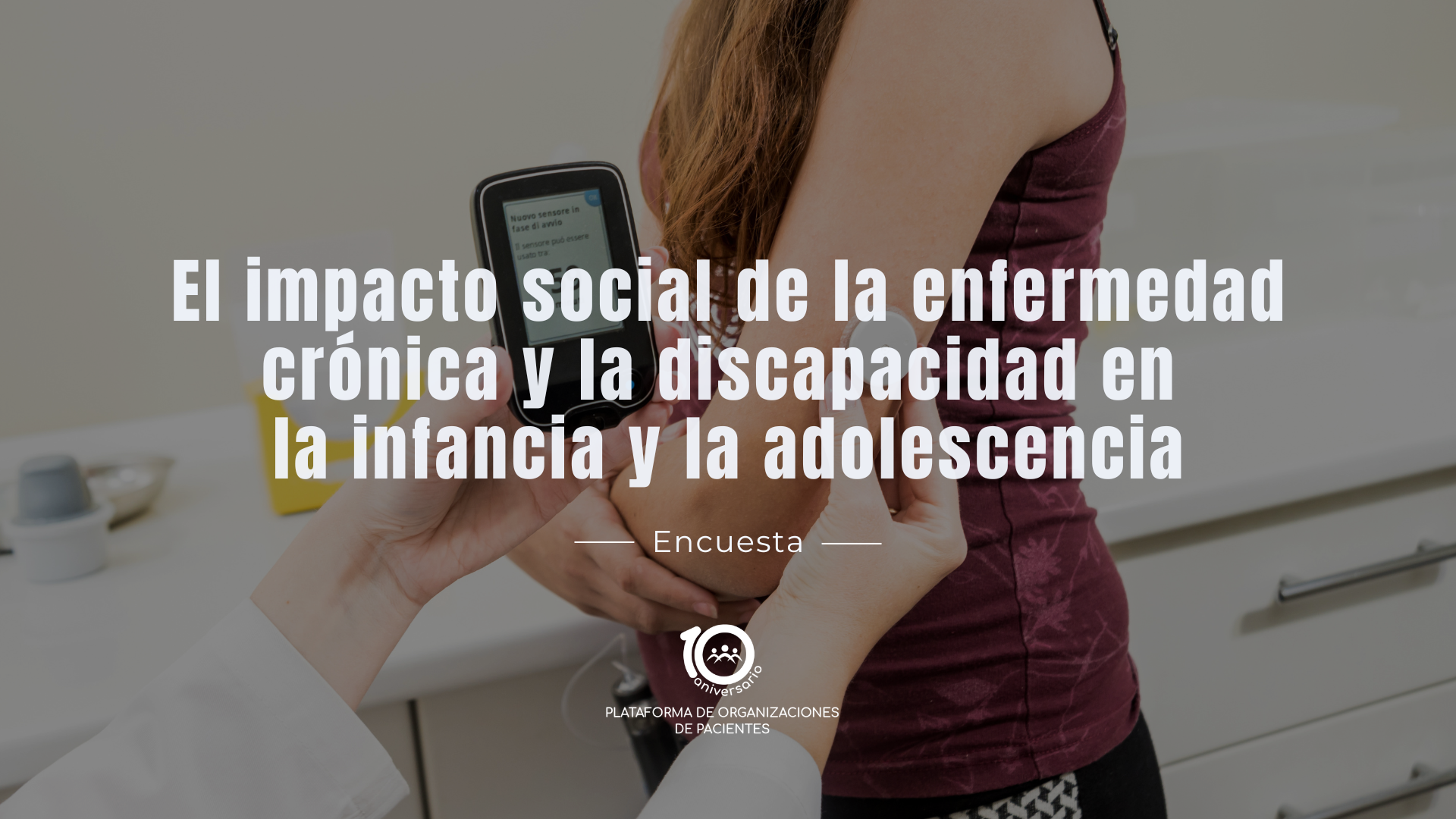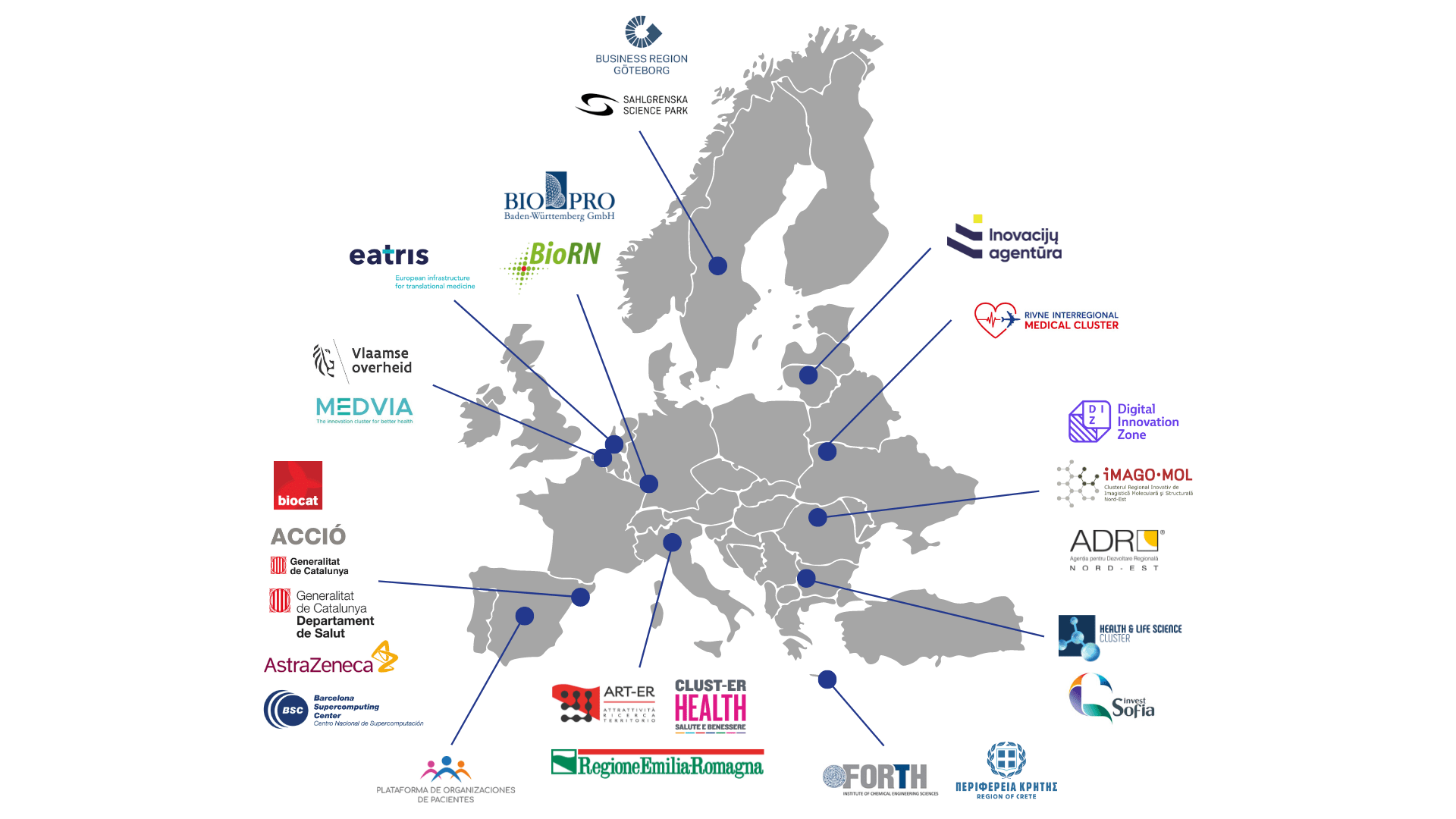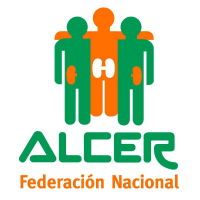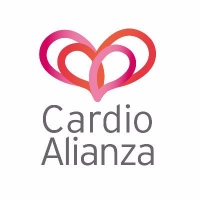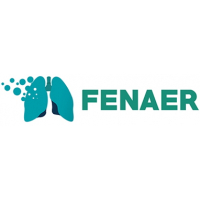
Investigación

In Europe, 1 in 3 people of working age have a chronic disease that impacts their personal, family, social and work life. These people are able to work and they want to do it. However, many of them are concerned about the consequences of the impact of their disease on the performance of their work.
Companies are aware of the importance of promoting health in their work teams, but they need to transform the way they address the chronic health needs of their workers .
The Platform of Patient Organizations (POP) and the Malta Health Network (MNH), organizations that represent people with chronic disease in Spain and Malta respectively, have created the Guide “Managing people with chronic diseases in the work environment” with the aim of giving visibility to the situation of people living with a chronic disease and contributing to their full labour and social inclusion.
We have developed this guide aimed at companies and employers with the double purpose of: on the one hand, informing companies about the impact of chronicity on employment and the needs of these workers and, on the other, guiding them on the possible adjustments to be implemented that contribute to favouring the inclusion of people with chronic disease in the workplace.
Based on this guide, we have created a video that shows the advantages for workers and employers of implementing labour inclusion measures for people with chronic diseases. Demonstrating that addressing the needs of people with chronic diseases at work benefits society as a whole.
The introduction of telecommunting, flexible working hours or extra brakes on the working day contribute to the inclusion of workers. Employees with chronic health needs sometimes require a reduction of working hours to make their health situation compatible with their work. If a worker has a pre-existing illness or worsening symptoms, offering the possitility of changing or adapting the position is an option to consider.



